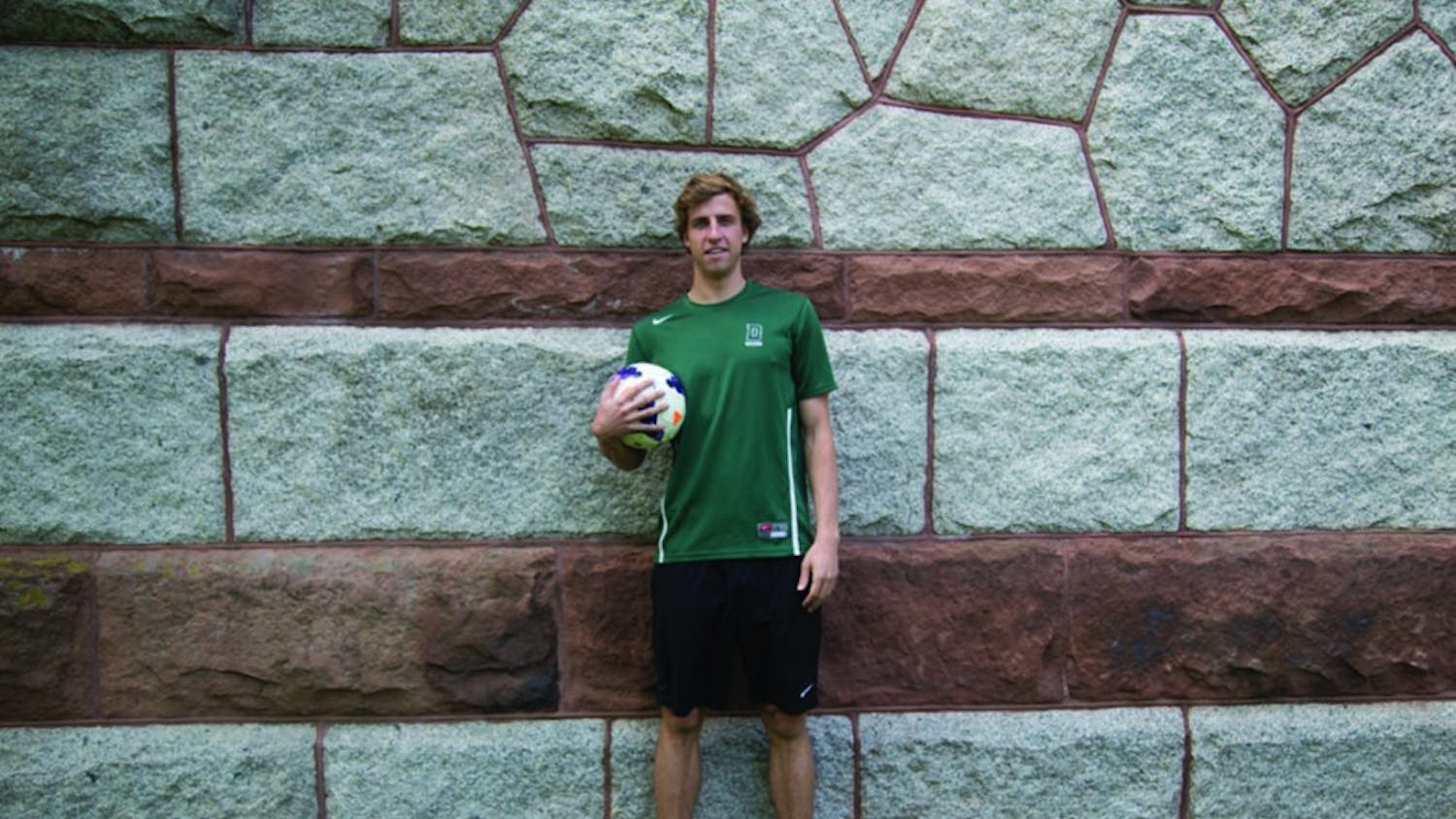When you turn on a televised football game, it is hard to distinguish between a college game and a professional one. The so-called “amateur” football games in this country — just like their professional counterparts — feature enormous stadiums with six-figure capacity, corporate sponsorships, reels of commercials and even military flyovers all contributing to an unmistakable atmosphere of all-American insanity.
We are all aware that college sports is a multibillion-dollar business where the labor is essentially free. In total, college athletic departments cashed in over $18 billion in revenue in 2017. Yet despite these incredible sums, not a penny has gone toward those individuals most responsible for them: the athletes. Think about this: In 39 states, the highest paid public employee is a college football or basketball coach. College sports is an economy that benefits everyone — the schools, conferences, coaches and governing associations — except those who actually play the games. The time has come to change this misaligned economic dynamic and allow student athletes to profit from their talents on and off the field.
For many years, the NCAA has forbidden players from earning compensation, with a strict ban against profit made off one’s own name or image, resulting in a system of exploitation. If a college athlete wants to seek endorsement opportunities, they should be allowed to do so.
The debate over whether to pay college athletes has been around for a while. But alas, it has reached the legislature of the most populous state. For the first time, a concrete step has been taken, and finally in the right direction. Last Monday, California governor Gavin Newsom signed the “Fair Pay to Play Act,” allowing players to profit off their sports via endorsements deals and with the help of agents. Professional basketball stars LeBron James and Draymond Green have been vocal supporters of the move toward economic justice. Many are hopeful that other states will follow suit; others fear a doomsday for college athletics as we know it. But is this new law just a lofty, California dream, or will it trigger a long overdue movement across other states?
Newsom acknowledged that the law certainly is no “checkmate” for the NCAA — it won’t even be implemented until 2023 — but it has definitely created a headache for the NCAA, which called California’s measure “unconstitutional.” The NCAA argues it could lead to a “new form of professionalism.” Too late. We are already there. California’s law will not immediately result in a rebuilding of the system, and it will take many years to understand and assess the consequences. But it is a powerful message finally written into law: Give athletes the right to make money off their name. Notably, this is a right which every other undergraduate on a campus can exercise. They can earn profits by promoting themselves as YouTube influencers, acapella groups or campus reps for brands. It is time to level the economic playing field and allow athletes to benefit from their talents.
I am no expert in college sports. Frankly, I only follow them closely once a year when March Madness rolls around. But even to a casual follower, it seems that California’s new law is a step in the right direction. Anytime you have a chance to decrease the exploitation of college athletes going on inside the NCAA right now, it is a no brainer — you have to do it.
It would be remiss to neglect the counter points in opposition to the Fair Pay to Play Act. So here they are in short: First, allowing athletes to profit from endorsements will further professionalize amateur sports. Second, only the best players will benefit. Third, California has a recruiting advantage as athletes will flock to a state where they can freely earn money they deserve. Fourth, college sports need to be scaled back all together.
To these I respond: First, college sports are already professionalized as schools routinely fill over 100,000 seats and bring in millions upon millions of dollars in revenue. The argument that allowing players to sign deals will taint the “amateur” facade of college sports is farcical. Second, but don’t the best deserve the most? The most talented players — you may have heard of Zion Williamson — suffer all the drawbacks of being in the public eye without any of the compensation. Third, as it stands, California has an unfair advantage, and this is more reason that other states should follow. Since Newsom signed the act, 11 states have proposed similar legislation. Fourth, while some believe college sports is completely out of control in this country, I urge cynics to attend an ESPN Game Day if possible. Not only do college sports create campus cohesion, but many top athletes come from disadvantaged backgrounds and the opportunity is life-changing.
Certainly, the process toward fair compensation will be complicated. As other states explore implementing similar laws, it will likely lead to a patchwork of different laws across the country. But it is definitely simpler than if schools were to directly pay their athletes incomes. The transition toward justice and fairness may be a bumpy road. The autocratic NCAA holds the reins tight, women probably won’t see much advancement and only the best of the best will profit greatly. But think about the alternative — continued exploitation.
At Dartmouth, student athletes are respected for their strenuous training and hard work while maintaining a rigorous academic load. Even though our athletes may not have the national notoriety or economic endorsement potential of a Zion Williamson, each should have the right to monetize their blood, sweat and tears.



